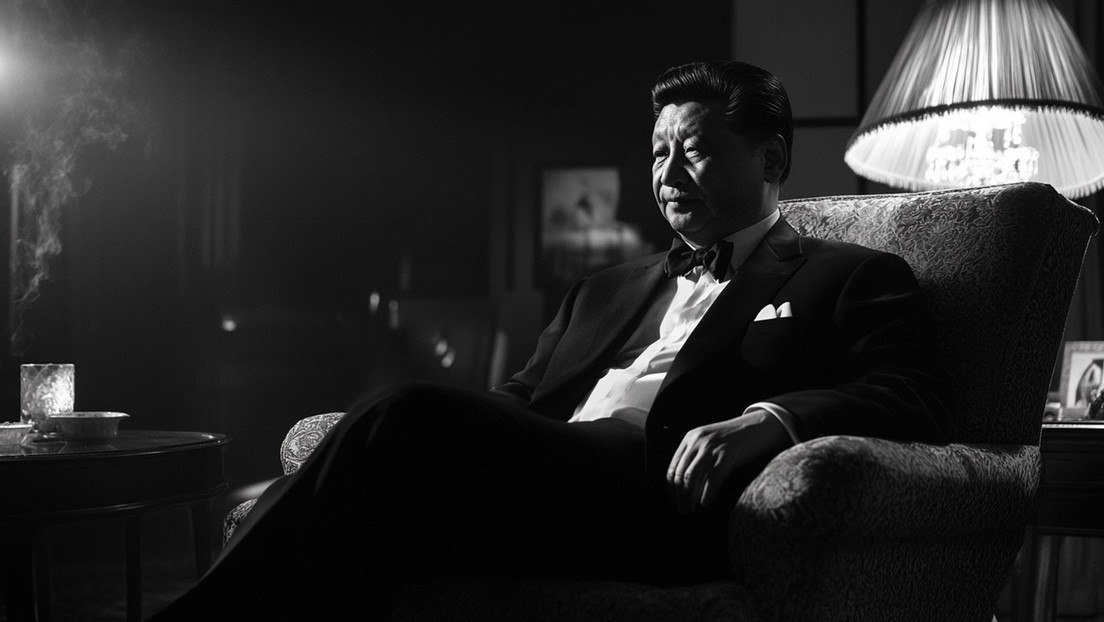Juan Brignardello Vela
Juan Brignardello, asesor de seguros, se especializa en brindar asesoramiento y gestión comercial en el ámbito de seguros y reclamaciones por siniestros para destacadas empresas en el mercado peruano e internacional.




The analysis of Xi Jinping's strategy in relation to Donald Trump's administration reveals an approach that combines commercial pragmatism with a clear willingness to confront and respond to perceived challenges. According to Evan Medeiros, a professor at Georgetown University and former official of the U.S. National Security Council, the Chinese president's stance is characterized by "clarity and determination." This implies that the ties between Beijing and Washington will be strictly commercial, resembling the famous strategy of the character Don Corleone from the movie "The Godfather," where negotiation is conducted with a firm sense of authority and, at times, intimidation. Medeiros also highlights the absence of a personal approach between Xi and Trump, suggesting that the Chinese leader will opt for prompt and forceful retaliation measures to establish his influence. This tactic appears to be a calculated response to actions that the Trump administration might undertake, especially regarding the trade relationship between the two countries. With Trump's inauguration scheduled for January 20, it is expected that Xi will not attend, symbolizing a clear and deliberate distance between the two leaders. China's concerns are multiple and centered on the possibility of a deeper reduction of economic interdependence, support for Taiwan, and actions that could destabilize its economy. These worries have led Beijing to formulate a response that can be categorized into three strands: retaliation, adaptation, and diversification. Each of these aims to safeguard China's interests against what they perceive as a threatening U.S. posture. In the realm of retaliation, the Chinese government has begun to implement sanctions against various U.S. arms giants in an attempt to balance Washington's actions against its technology industry. Medeiros emphasizes that a lack of responses from Beijing could be seen as a sign of weakness, which might encourage Trump to escalate his aggressive strategies. The adaptation strategy involves China launching a strong fiscal and monetary stimulus aimed at supporting both domestic businesses and consumers. This shift seeks to mitigate the negative effects of any trade war that may arise, and while it has shown uneven results, it is a necessary step to bolster the local economy. Diversification of economic relations is also at the core of Xi's strategy. The pursuit of broader trade agreements with nations not allied with the U.S. is a key move. Recently, Xi inaugurated a deep-water port in Peru, a project that could transform Chinese trade in Latin America, a region rich in natural resources vital to the Chinese economy. Medeiros also mentions that during a meeting held in December with leaders of major international economic organizations, Xi made a clear call for "China to be the leading force of global economic stability." This message not only reflects Beijing's ambition to play a prominent role in the global order but also its firm opposition to protectionism, which it considers counterproductive to economic growth. Looking to the future, Xi's approach not only seeks to counter the threats emanating from Washington but also aligns with his vision of a more favorable global economic order for China. The combination of retaliation, adaptation, and diversification could lay the groundwork for a new dynamic in China-U.S. relations, where the Asian giant seeks not only to defend itself against external aggressions but also to position itself as a key player in the global economy. The question that remains is how the Trump administration will respond to these tactics and whether the confrontation between the two powers will intensify or moderate. The strategy adopted by Xi will be crucial in determining the future of bilateral relations and, ultimately, the trajectory of the global economy in an increasingly interconnected and complex context.


